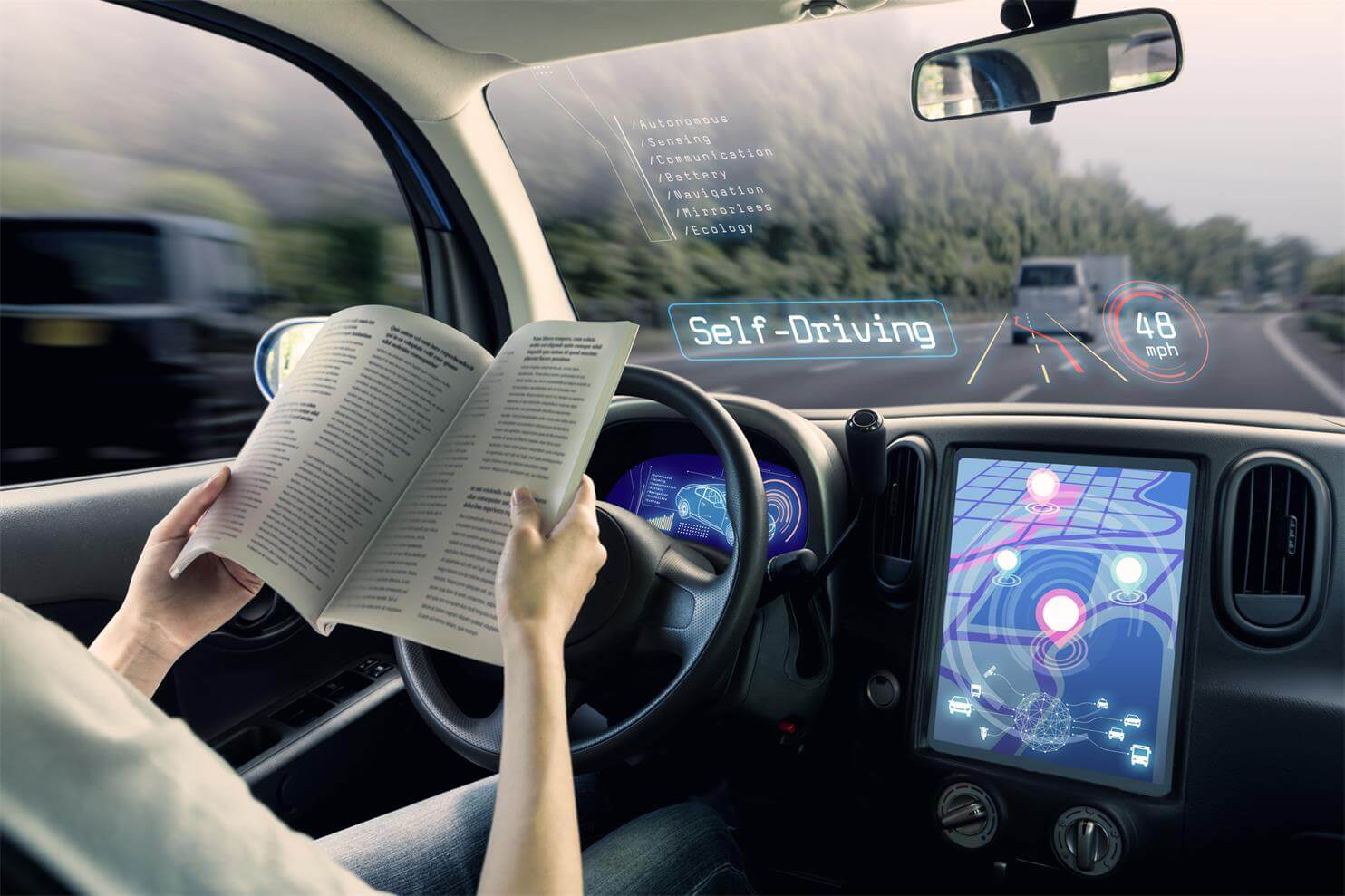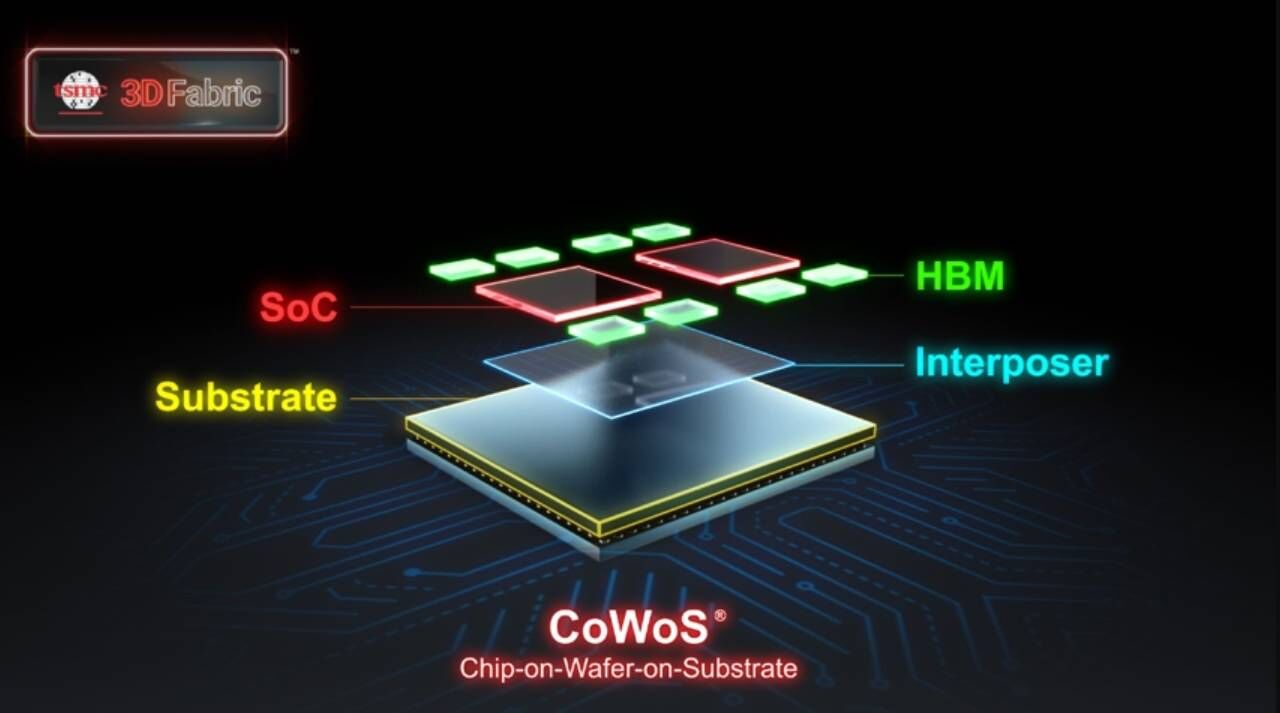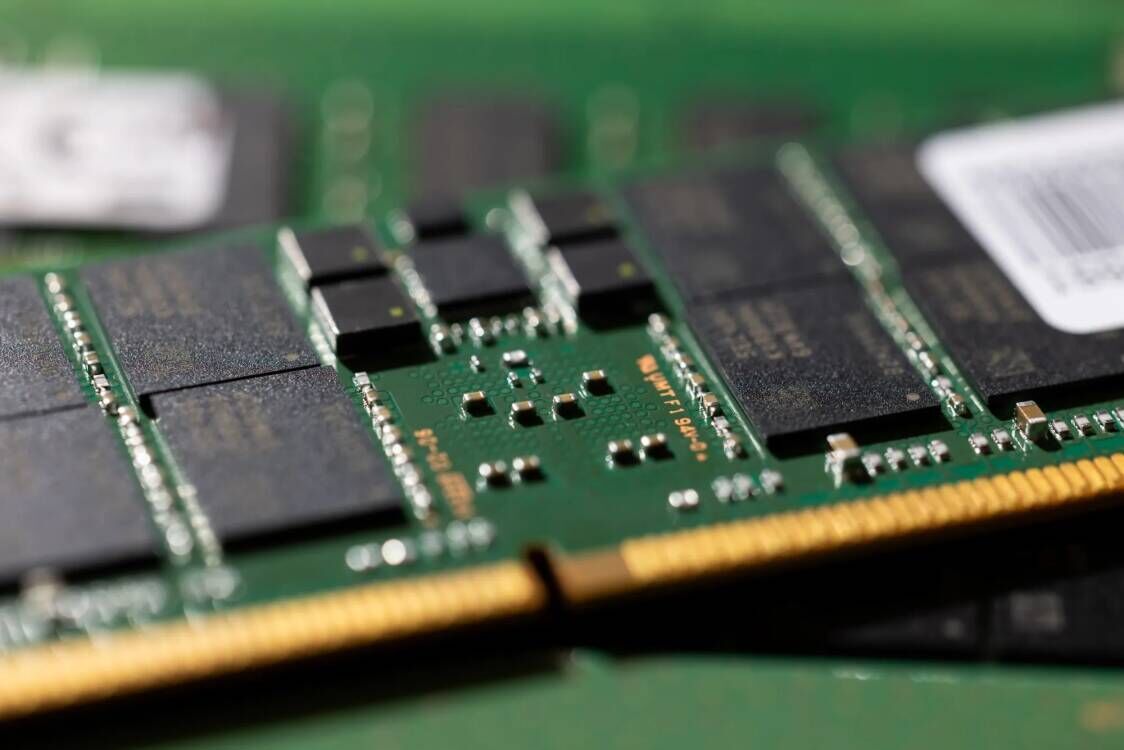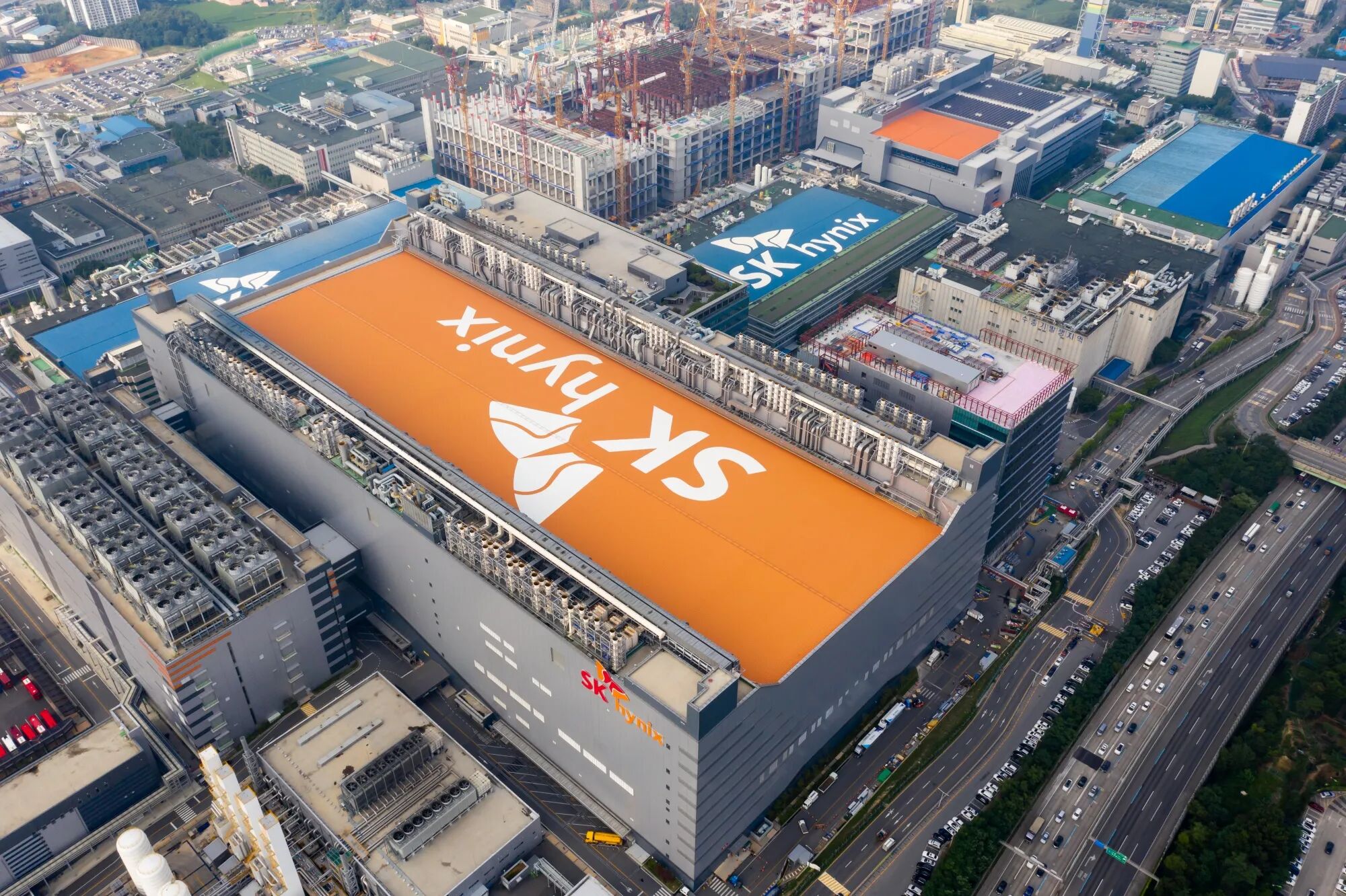According to the Nikkei News on the 26th, due to the continued sluggish demand for smartphones and the slowdown in demand for automotive electronics, Murata Manufacturing, TDK, Kyocera, Nidec, Alps Alpine, and Nitto Denko’s total orders for the second quarter fell by about 8% from the same period last year.
The Nikkei News carried out statistics on the orders of the above six manufacturers. The results show that since the 3% negative growth in the fourth quarter of 2018, the decline in the first quarter of 2019 has further expanded, with a negative growth of about 7%. In the second quarter, only the Alps increased in the amount of orders. Among them, Kyocera, whose order amount has dropped by 10% year-on-year, indicates that the order quantity of vehicle-related parts is currently decelerating. Alps Electric, which has seen a small increase in orders, also said that the number of parts orders for in-vehicle device has decreased.
IHS Markit recently lowered its estimate of global new car sales in 2019 to 91 million units, down 2% year-on-year. It was originally estimated to show an annual increase.
According to financial forecasts released by NXP, the weak demand in the Chinese auto market has brought uncertainty to the company's operations, resulting in revenues of only $2.1 billion in the first quarter of 2019, down 8% annually, and expected that the second quarter's revenue will be worse than last year's recession, the decline is about 2% to 6%.
Infineon is also facing the same situation, and has reduced the annual growth of 9% expected in the third quarter to an annual increase or a year-on-year decrease of 2%, and clearly stated that this is due to sluggish demand in the Chinese market.
According to the pessimistic financial forecast and financial data of the automotive semiconductor companies, and the continuous decline in the number of car sales in the Chinese market, it can be determined that the Chinese market is affected by the trade war, and consumer confidence is obviously affected, leading to a continued decline in consumer demand for car purchases.












All Comments (0)